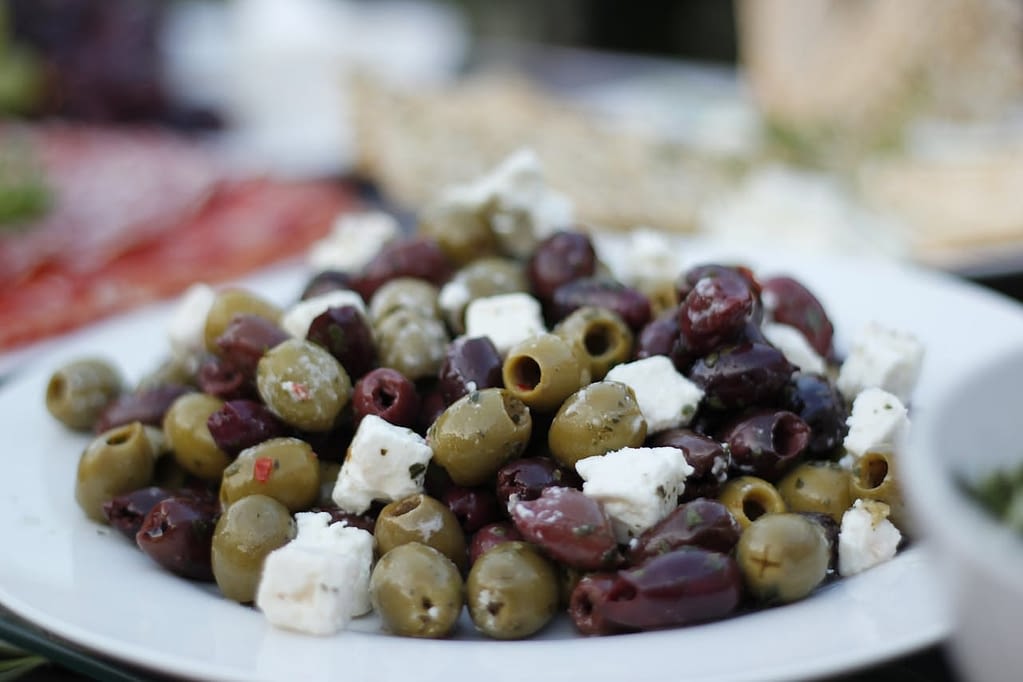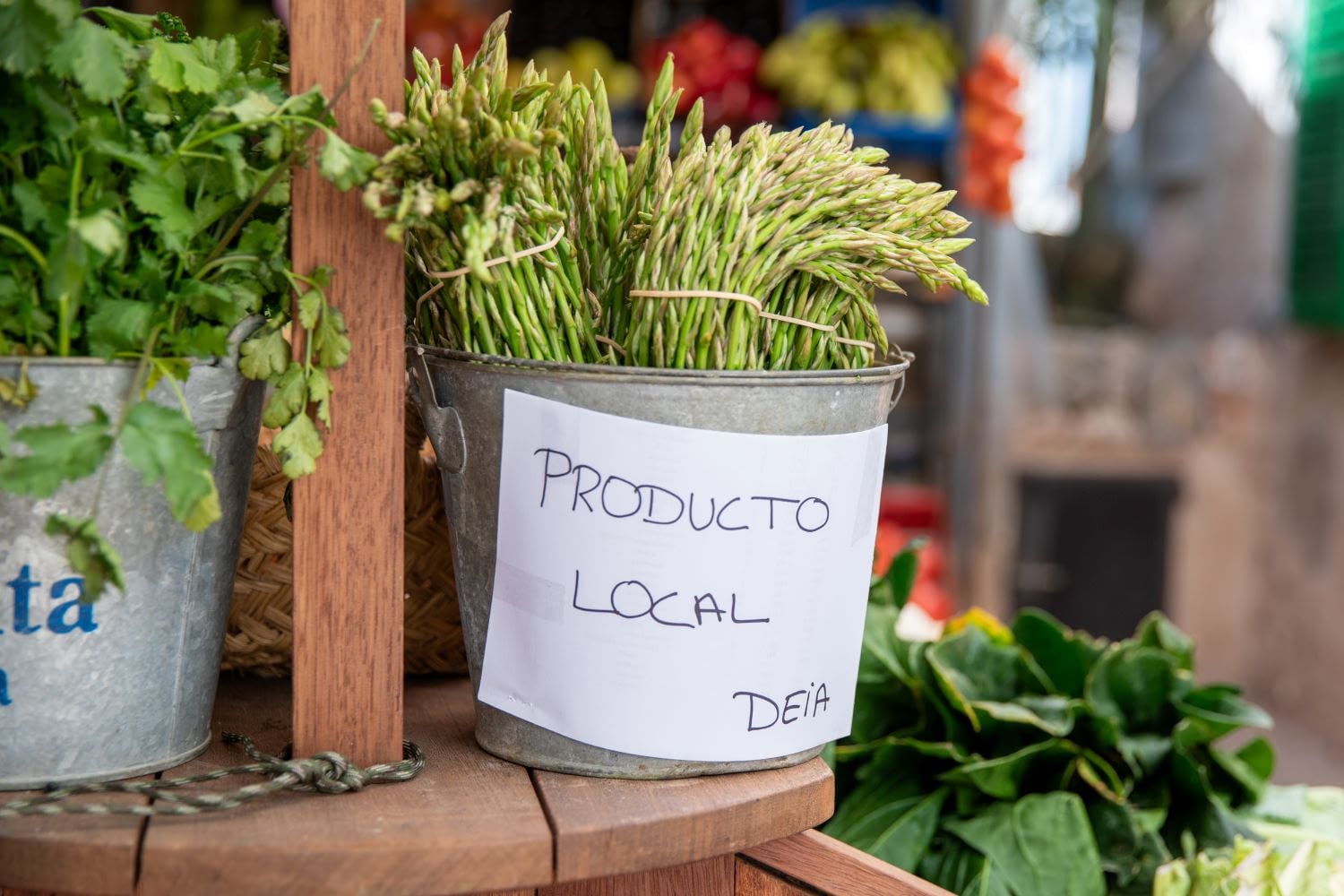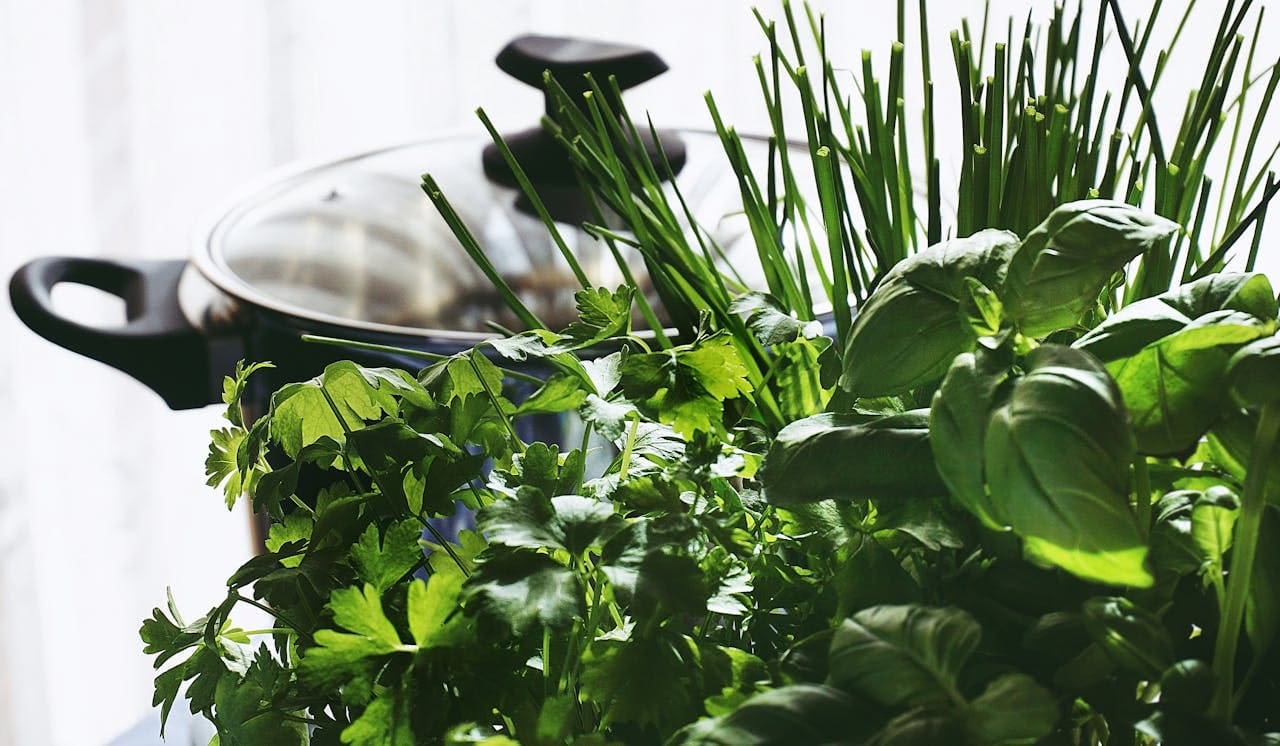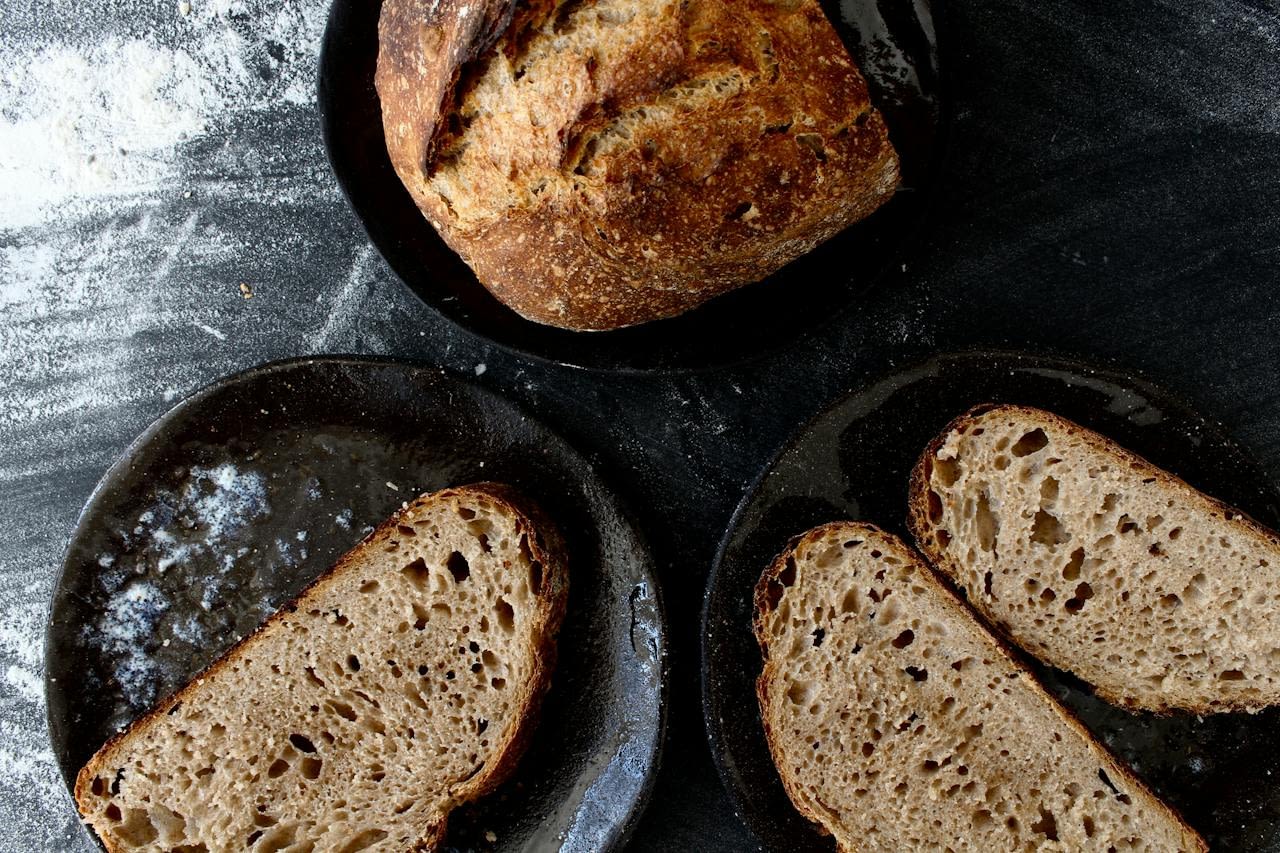The Importance of Salt in the Mediterranean Diet
Salt has long been a cornerstone of Mediterranean cuisine, deeply ingrained in the cultural and culinary traditions of the region. From enhancing the flavours of fresh produce to preserving foods, salt plays a vital role in the Mediterranean diet. However, as with all good things, balance is key.
We will explore how salt is used in the Mediterranean diet, its health considerations, and tips for incorporating it wisely into meals.
A Historical and Culinary Staple
Salt has been prized in Mediterranean cultures for centuries, used not only as a seasoning but also as a preservative, currency, and even in religious rituals. Coastal regions, with their abundant salt flats, have provided natural sea salt that enhances the rich flavours of Mediterranean ingredients like olives, tomatoes, and fish. Good quality Sea or Himalayan salt is the key, not over-processed table salt, as the minerals are all stripped out. Learn more about the different types of salt here.

In Mediterranean cooking, salt isn’t just an afterthought—it’s an integral ingredient that highlights the natural taste of fresh, seasonal foods. From curing fish to making brine for olives or cheese, salt elevates the simple ingredients that are central to this diet.
Salt Health Benefits and Considerations
Salt plays a critical role in maintaining electrolyte balance, especially in hot climates where sweating leads to a loss of essential salts like sodium, potassium, and magnesium. This is particularly relevant in the Mediterranean region, where warm weather and outdoor lifestyles often lead to increased perspiration.
The Role of Salt in Hot Climates
- Electrolyte Balance
Sodium, a key component of salt, helps regulate fluid levels in the body and maintains the balance of electrolytes. When you sweat, you lose sodium and water; a lack of sodium can lead to dehydration and muscle cramps. - Preventing Dehydration
In hot conditions, rehydrating with just water can sometimes dilute sodium levels in the body, leading to a condition called hyponatremia. A moderate intake of salt, paired with water and potassium-rich foods, helps restore the balance. - Supporting Muscle Function
Sodium and potassium work together to support muscle contractions and prevent cramping. Salt is balanced with potassium-rich foods like tomatoes, citrus fruits, and leafy greens. - Replenishment Through Food
Traditional Mediterranean dishes often naturally replenish lost salts. For example:- Cured olives and anchovies provide both sodium and potassium.
- Salted nuts are an easy, energy-rich snack in warm weather.
- Brined cheeses, like feta, offer a combination of electrolytes and protein.
While the Mediterranean diet is often lauded for its health benefits, salt’s role requires mindful consumption. Traditional Mediterranean dishes use salt sparingly, relying on herbs, spices, and citrus to add flavour. Excessive salt intake has been linked to health risks, such as high blood pressure and heart disease. However, the Mediterranean diet counters this, focusing on potassium-rich foods (like leafy greens and citrus), which help balance sodium levels.
How Salt Fits into the Mediterranean Diet
In the Mediterranean diet, salt complements but never overpowers. Here are some traditional ways salt is used:
- Cured Delights: Salt is used to cure staples like anchovies, capers, and prosciutto, adding rich, concentrated flavours.
- Preserved Olives: Salt brines are essential for creating the signature tangy flavour of Mediterranean olives.
- Flavour Enhancer: A sprinkle of salt is used on fresh vegetables, meats, and salads to bring out their natural flavours.
- Sea Salt Finish: Flaky sea salt is often added just before serving, creating a burst of texture and taste.

Tips for Mindful Salt Use in Your Mediterranean-Inspired Cooking
- Choose Quality Over Quantity: Opt for natural sea salt or Himalayan pink salt, which contains trace minerals and offers a milder flavour.
- Season Strategically: Add salt at different stages of cooking for a balanced flavour. For example, season pasta water liberally but use less salt in the final sauce.
- Let Herbs and Spices Shine: Mediterranean cuisine thrives on oregano, thyme, rosemary, garlic, and citrus, which can reduce the need for excessive salt.
- Rinse and Soak: If using preserved ingredients like capers or olives, rinse them to reduce excess sodium without losing flavour.
- Taste as You Go: Avoid adding salt blindly; taste your dish at different stages to avoid over-seasoning.
Click here to read more about the Mediterranean Diet
Summary
Salt is an indispensable element of the Mediterranean diet, valued for its ability to preserve, enhance, and transform simple ingredients into something extraordinary. When used thoughtfully, it supports the diet’s ethos of balance and simplicity.
Embrace the Mediterranean approach by savouring high-quality, naturally salty foods while pairing them with fresh, wholesome ingredients. In doing so, you’ll enjoy delicious meals and support a healthy and fulfilling lifestyle.







